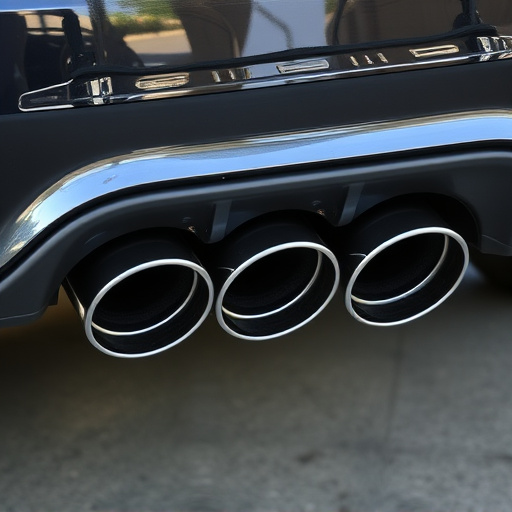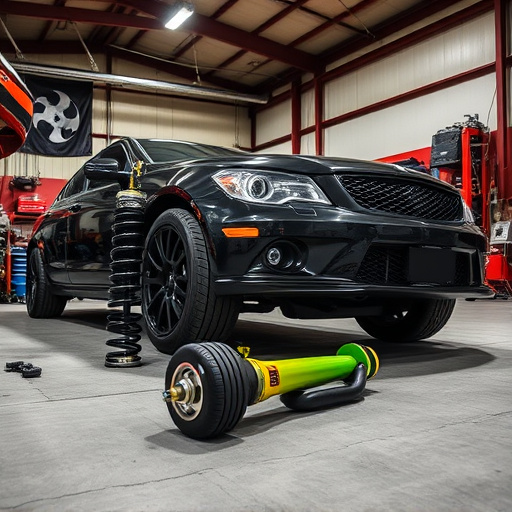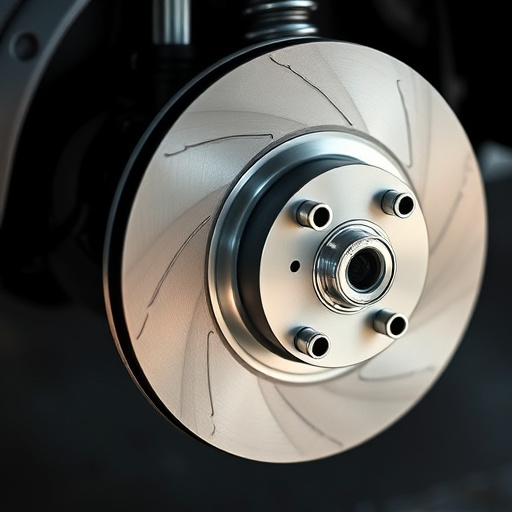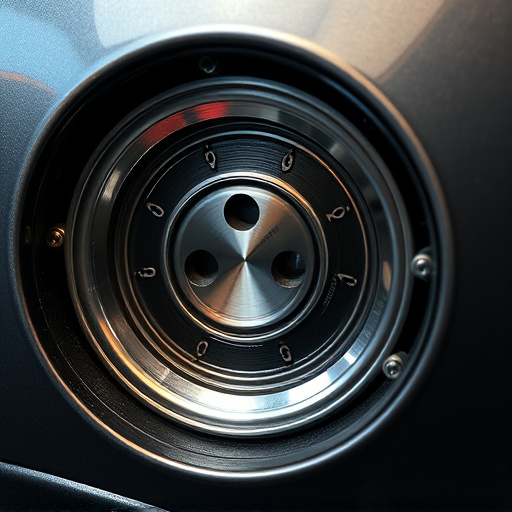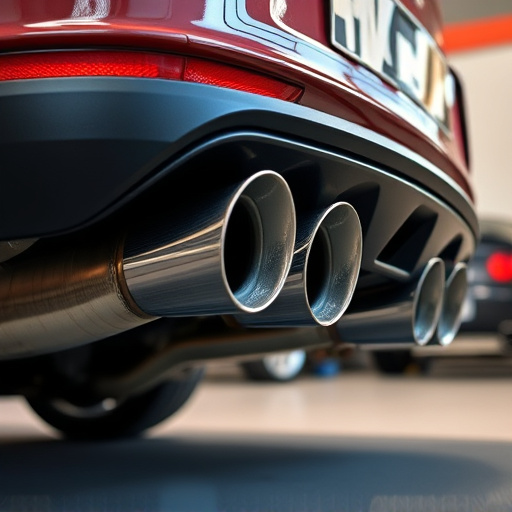A boost controller is a critical component in high-performance vehicles, optimizing engine performance by managing boost pressure in turbocharged or supercharged engines. It prevents dangerous conditions like detonation and knock, ensuring stable combustion and improved drivability. Advanced boost controllers offer customizable settings for personalized tuning while integrating with exhaust systems and other components to provide a smoother, more powerful driving experience without damaging vital parts. These systems enhance fuel efficiency in everyday driving while prioritizing reliability and safety.
Discover the revolutionary power of boost controllers, designed to safeguard engines from detonation and knock risks. This cutting-edge technology optimizes boost pressure, ensuring a smoother, more efficient performance. By understanding how boost controllers work and their diverse applications, you’ll unlock the potential for enhanced engine management. Explore the benefits and learn why advanced boost control systems are a game-changer in modern automotive engineering.
- Understanding Boost Controller Functionality
- How Boost Controllers Prevent Detonation and Knock
- Benefits and Applications of Advanced Boost Control Systems
Understanding Boost Controller Functionality

A boost controller is a sophisticated device designed to optimize engine performance, especially in high-performance vehicles. Its primary function is to manage and regulate boost pressure in turbocharged or supercharged engines, ensuring a seamless blend of power and efficiency. By precisely controlling the amount of compressed air entering the combustion chamber through air intake systems, this technology prevents dangerous conditions like detonation (sparking within the fuel-air mixture) and knock, which can cause significant engine damage.
This controller works hand-in-hand with other critical components, such as the turbocharger or supercharger, and even brake systems, to maintain optimal operating conditions. It senses various parameters, including engine speed and load, to adjust boost levels accordingly, thereby enhancing both acceleration and overall drivability. Additionally, advanced boost controllers offer customizable settings, allowing drivers to fine-tune their vehicle’s performance according to personal preferences and driving styles, while also ensuring the longevity of essential parts like muffler tips.
How Boost Controllers Prevent Detonation and Knock

Boost controllers are essential components in high-performance vehicles designed to maintain optimal engine health and power. They work by precisely managing the amount of boost pressure delivered to the engine, which is crucial in preventing two common issues: detonation and knock. Detonation occurs when the air/fuel mixture in the cylinder explodes unpredictably, leading to severe engine damage. Knock, on the other hand, is a self-sustaining combustion process that can cause pre-mature ignition, resulting in decreased performance and potential engine failure.
By continuously monitoring engine parameters like intake manifold pressure and temperature, boost controllers adjust the turbocharger’s output accordingly. This precise control ensures the engine receives the right amount of compressed air, maintaining a stable and efficient burn. Additionally, modern boost controllers can be integrated with advanced exhaust mufflers and brake components to further optimize performance while minimizing risks associated with detonation and knock. High-performance parts like these, when combined with proper tuning, contribute to a smoother, more powerful driving experience without compromising engine longevity.
Benefits and Applications of Advanced Boost Control Systems

Advanced boost control systems offer a multitude of benefits for modern vehicles, especially those with turbocharged or supercharged engines. These sophisticated mechanisms go beyond basic fuel injection and ignition timing adjustments, providing precise control over boosting levels to ensure optimal performance while minimizing risks. By continuously monitoring various engine parameters, such as intake pressure, air/fuel ratios, and temperature, these systems can dynamically adjust boost pressure in real-time, preventing detrimental conditions like detonation (spark knock) and pre-ignition.
The applications of these cutting-edge boost control technologies are vast. For high-performance vehicles, they enable drivers to push the engine harder without sacrificing reliability or triggering costly damage. In everyday driving scenarios, they contribute to improved fuel efficiency by fine-tuning boost levels based on changing road conditions and driver inputs. Moreover, with advancements in sensor technology and computing power, these systems can seamlessly integrate with other vehicle components, such as air intake systems and cat back exhausts, for even greater tuning potential, enhancing overall engine performance while maintaining safety and durability.
A boost controller is an indispensable tool for automotive engineers and enthusiasts alike, offering enhanced performance while mitigating detonation and knock risks. By understanding its functionality and leveraging its benefits, advanced boost control systems can revolutionize the way we drive, ensuring a smoother, more efficient experience without compromising safety. The key lies in continuous optimization, making every ride a testament to precise engineering and cutting-edge technology.


